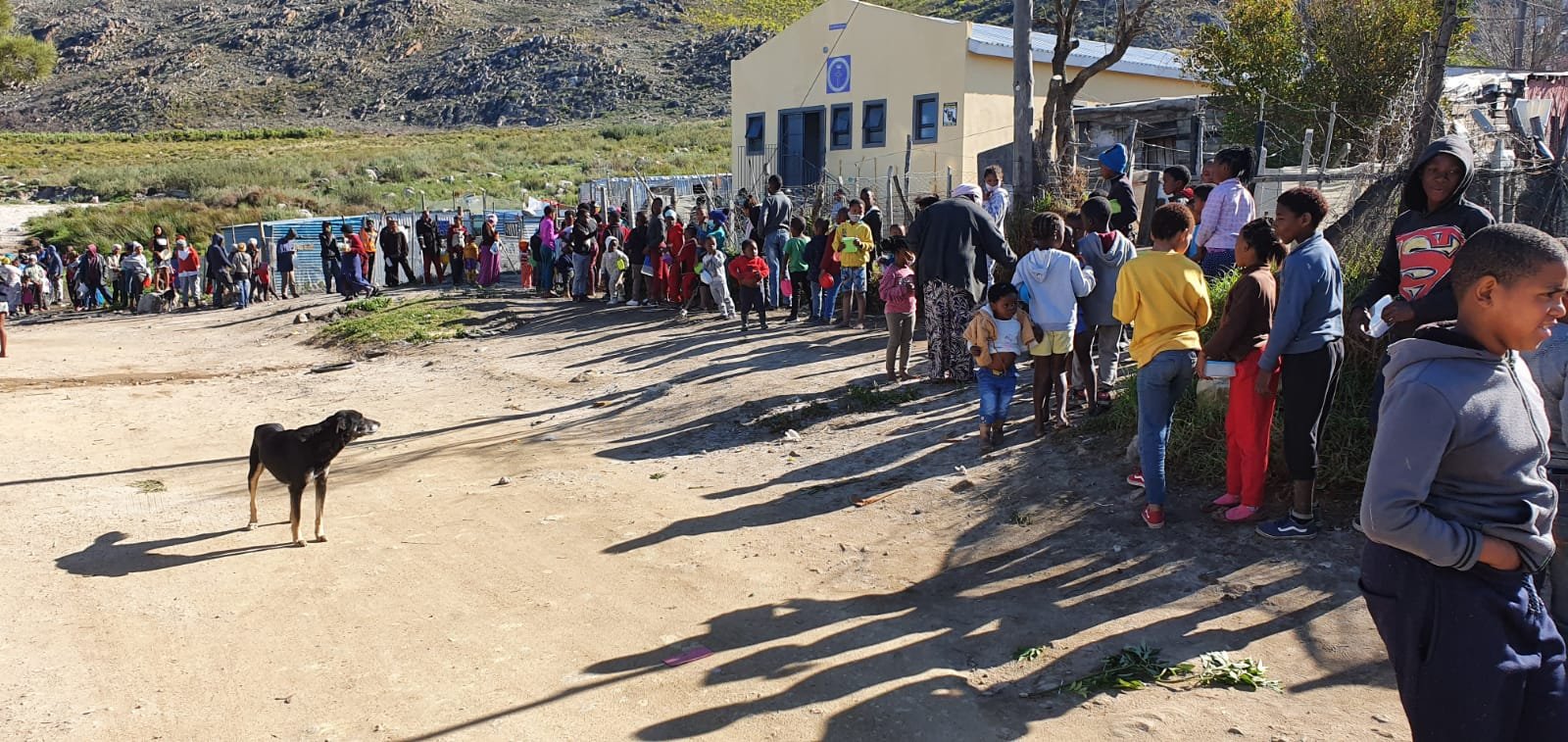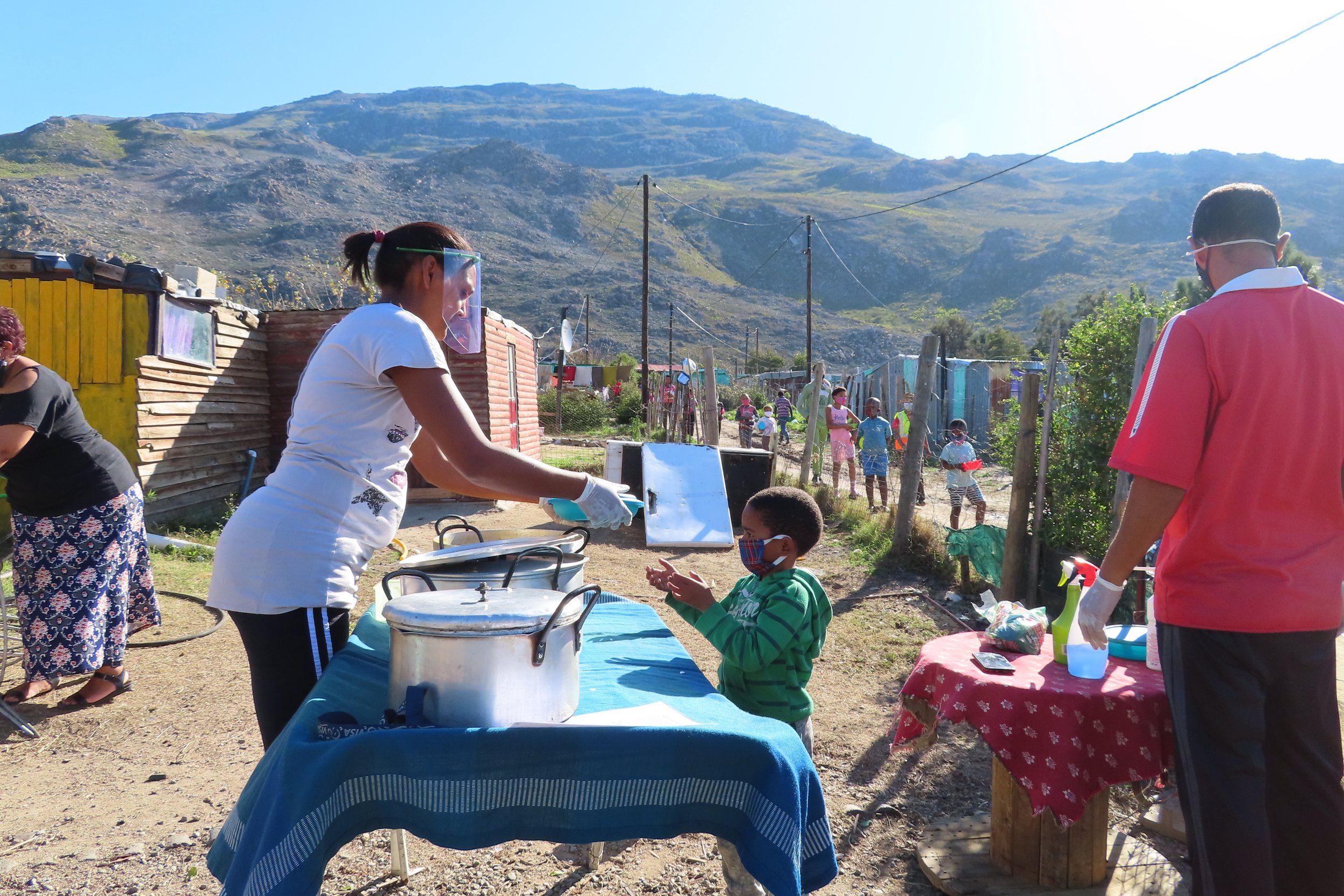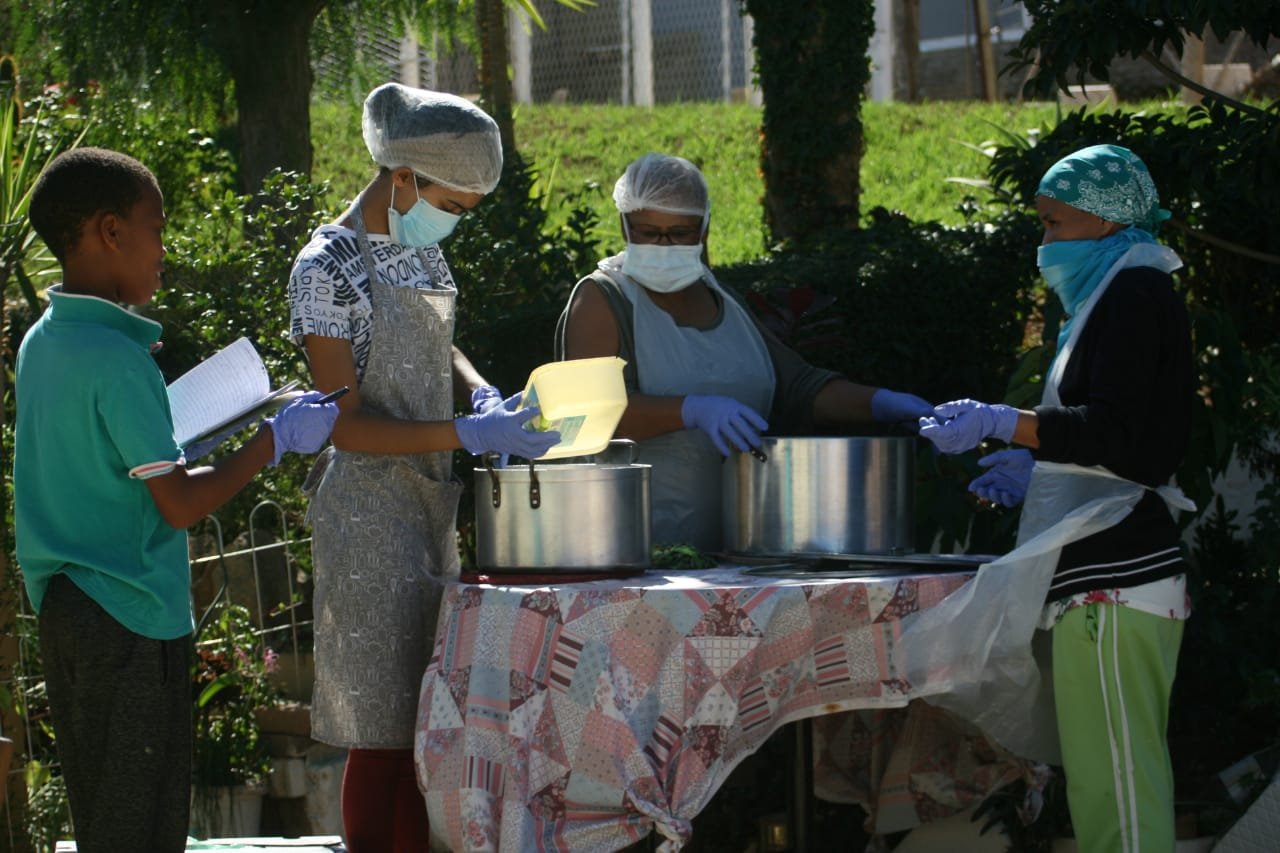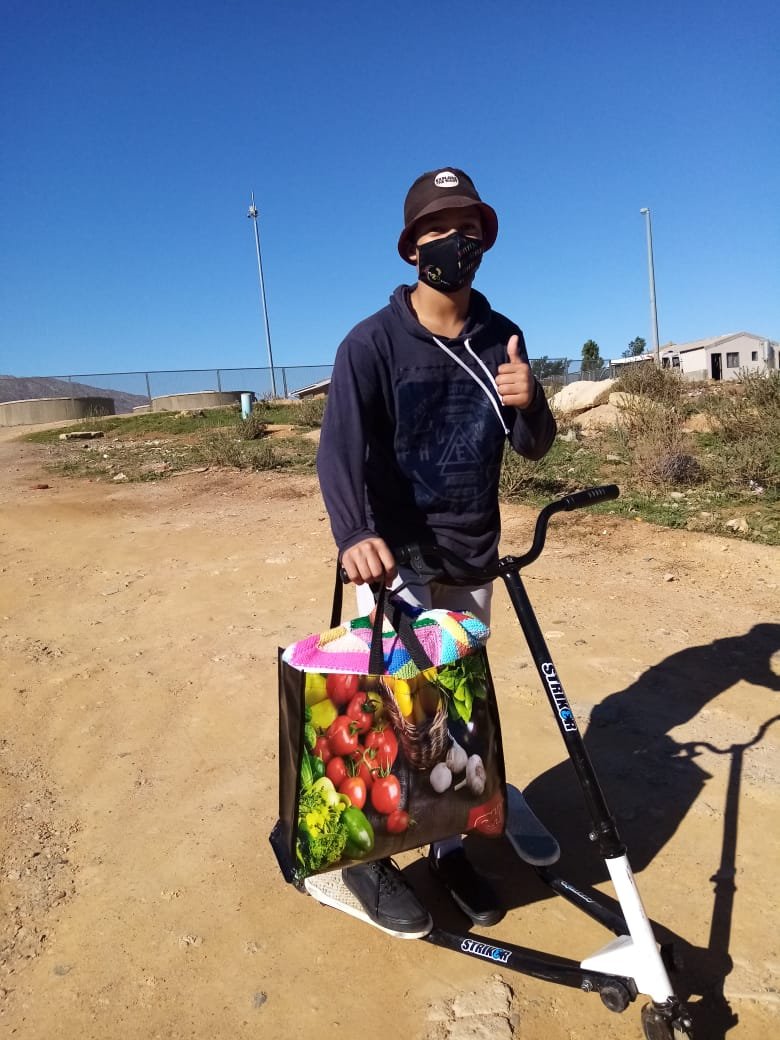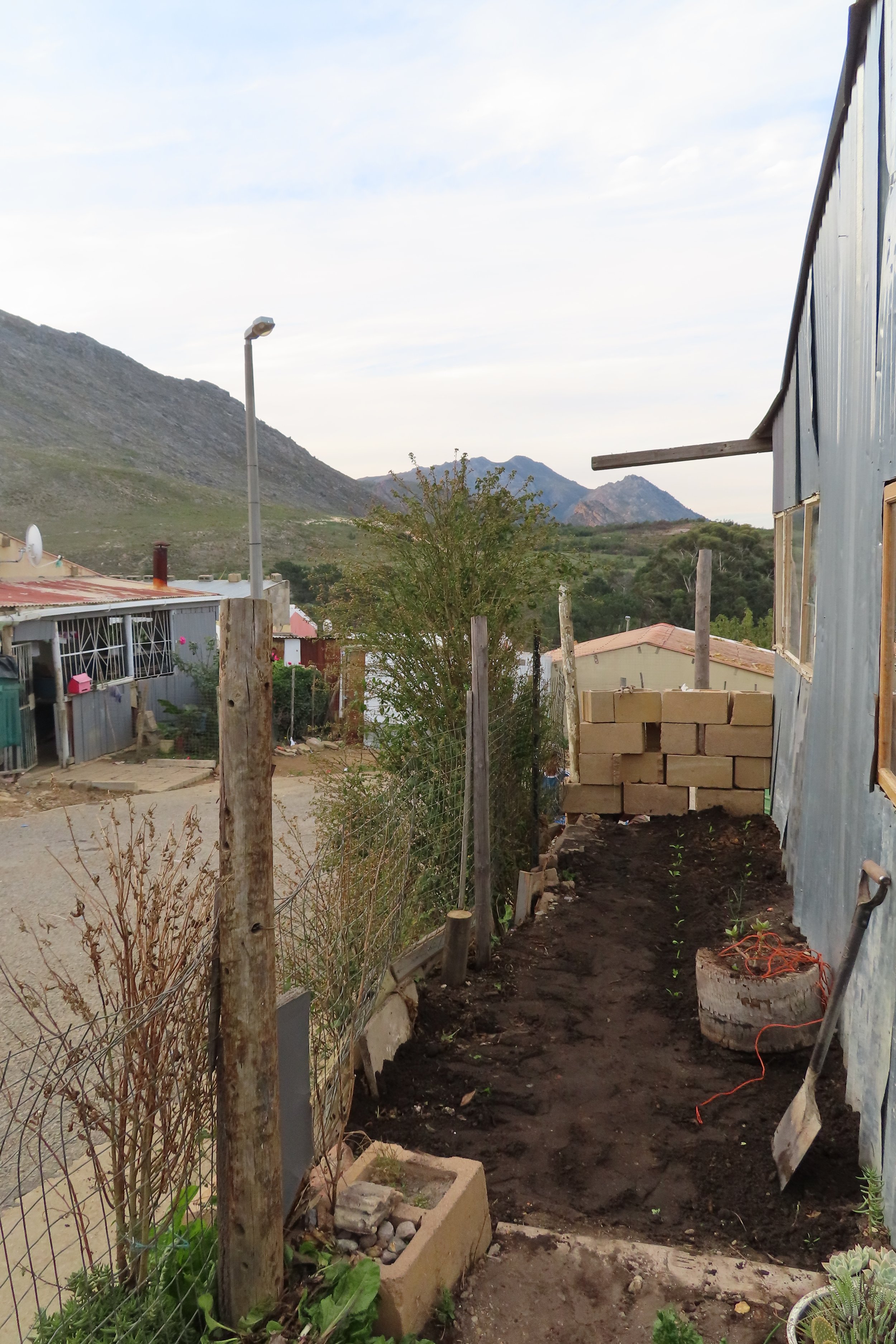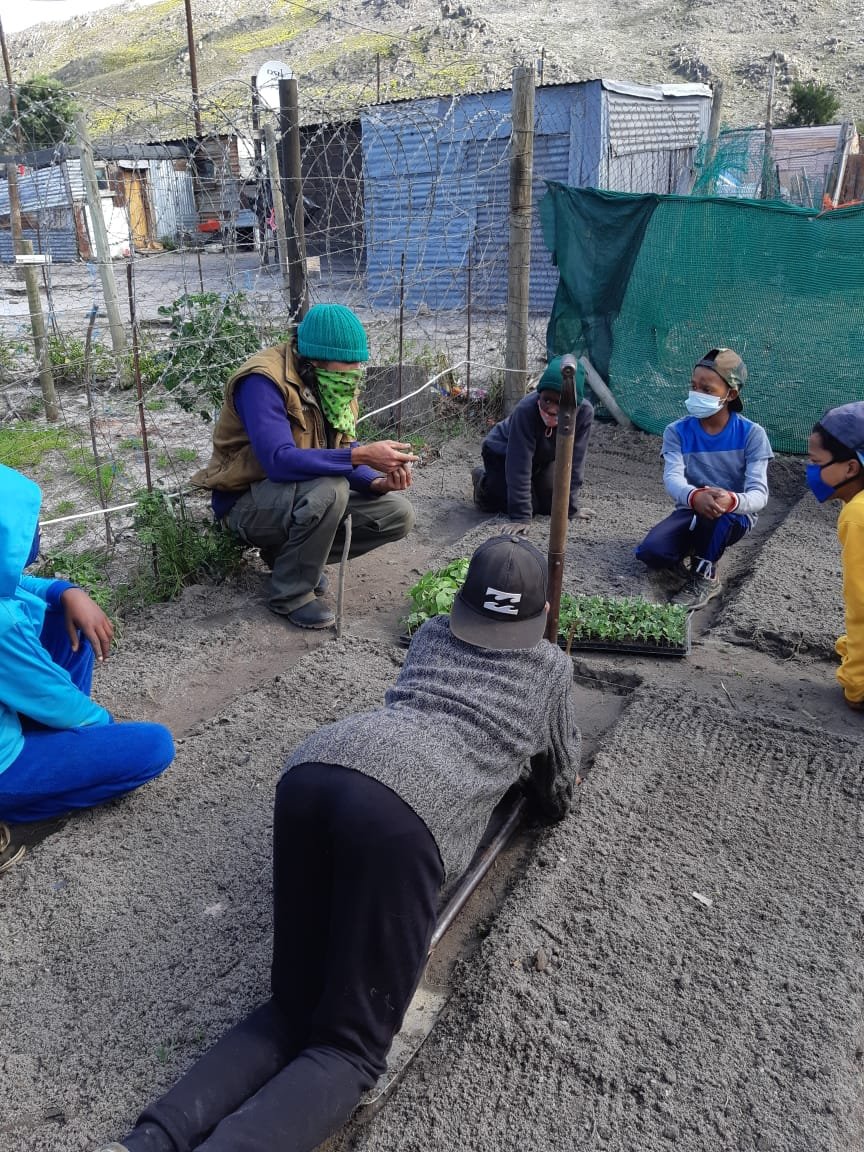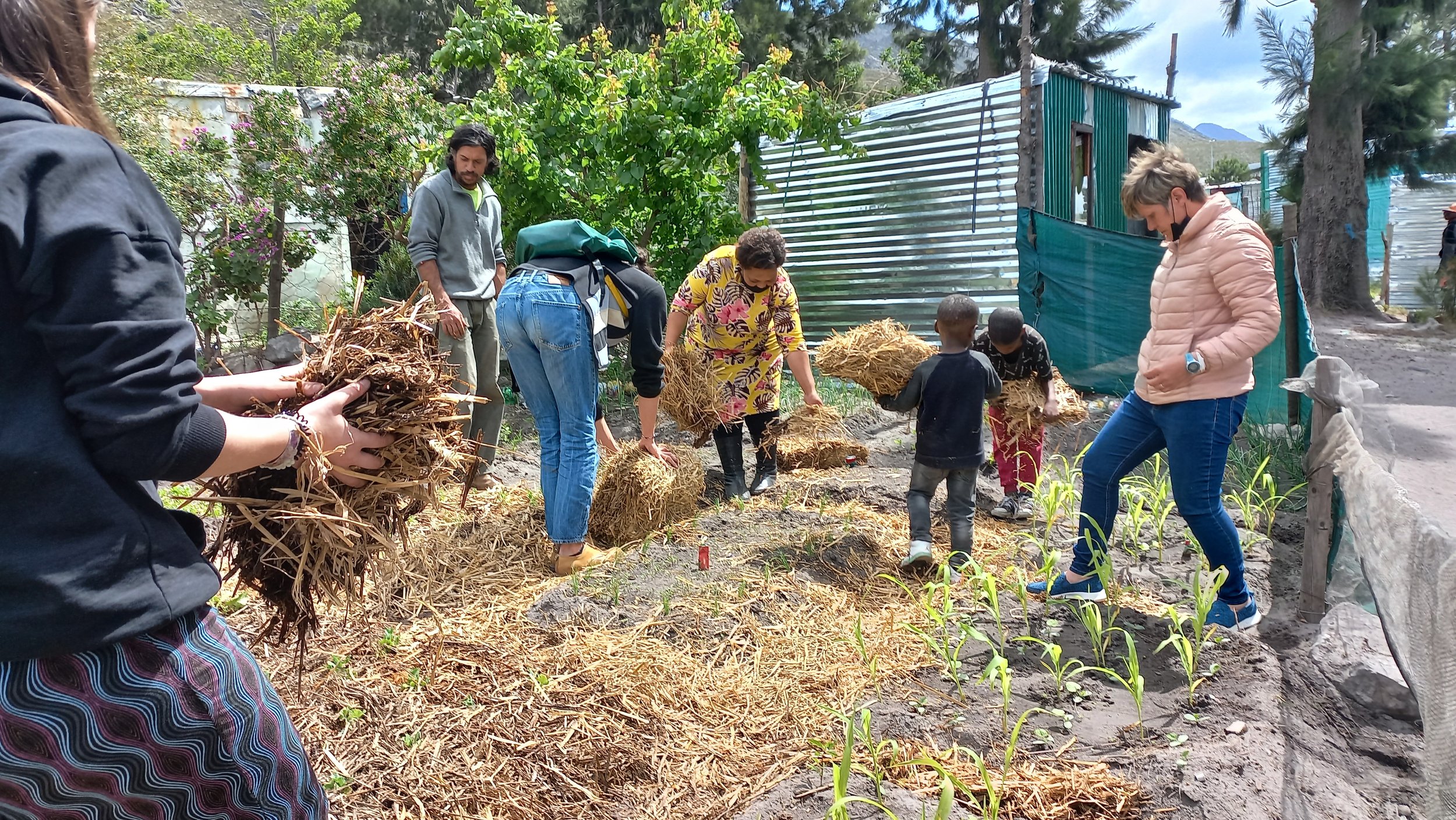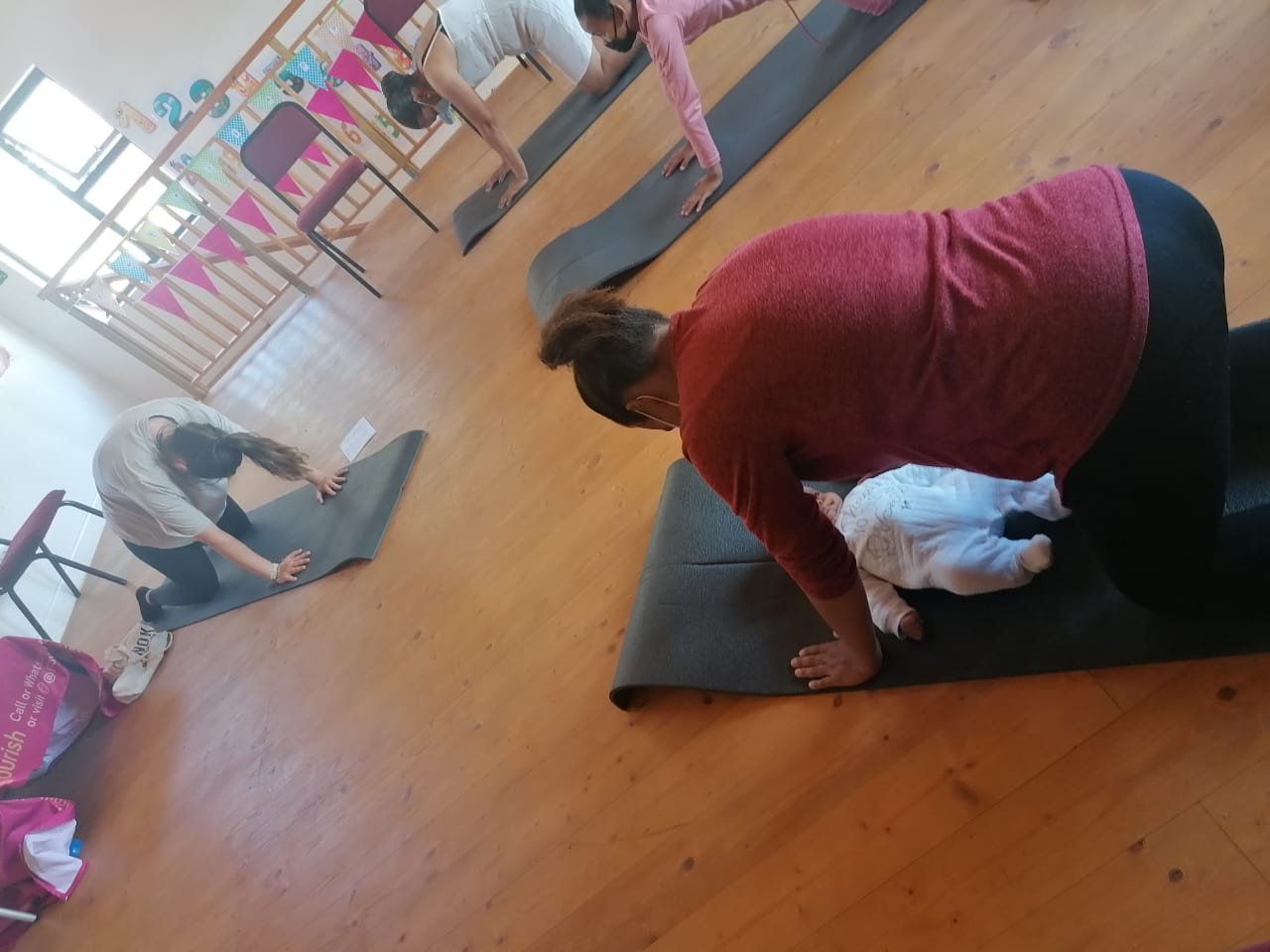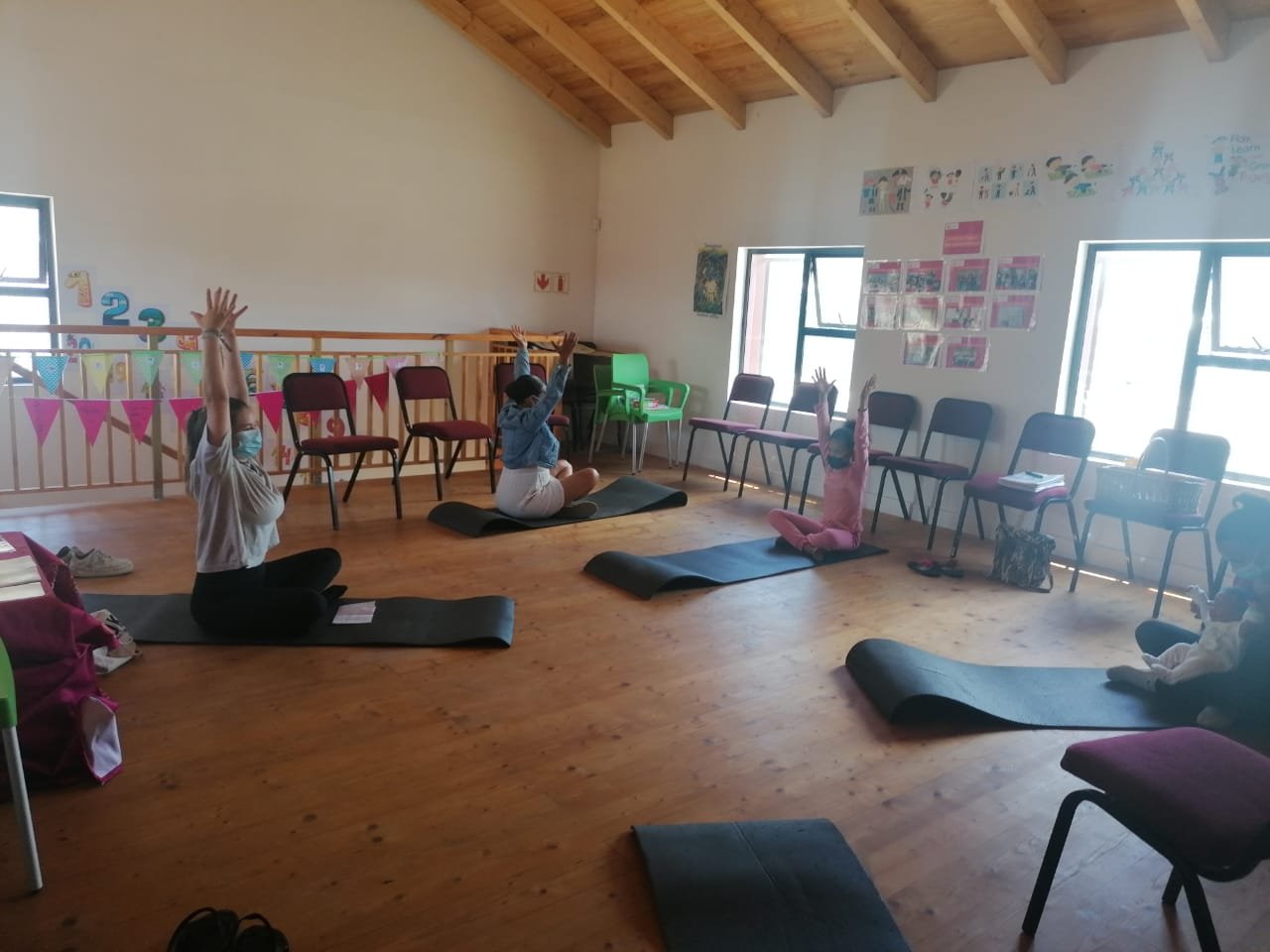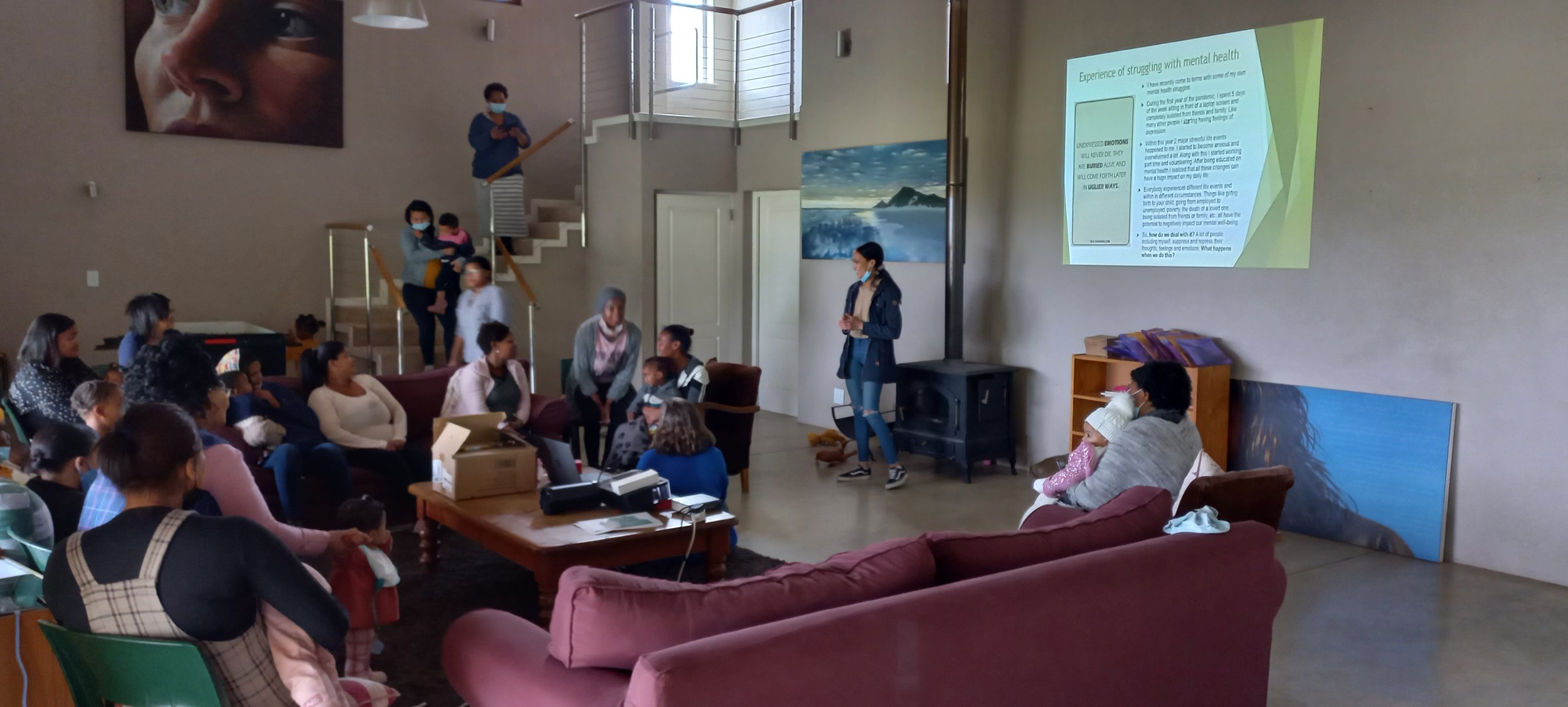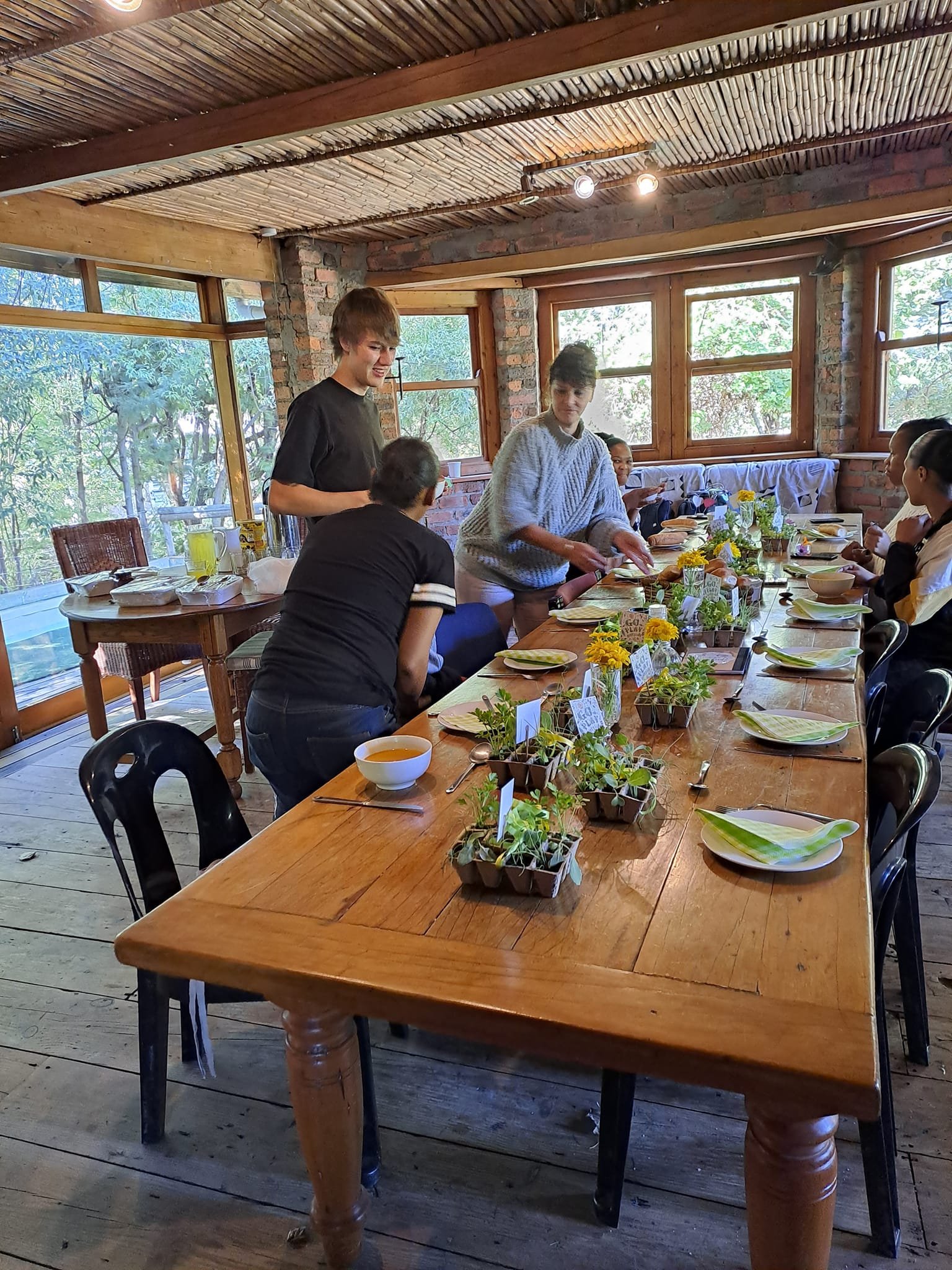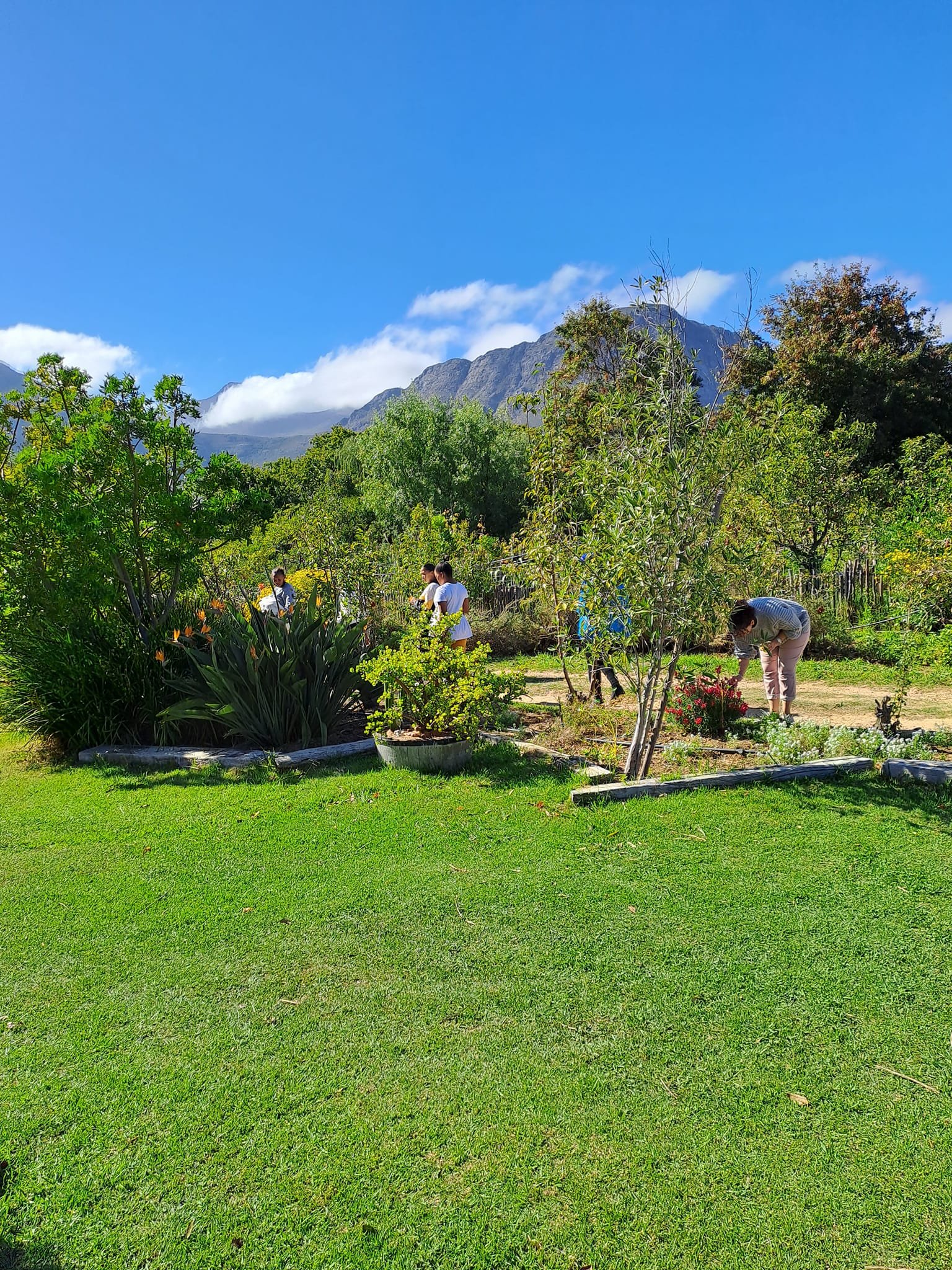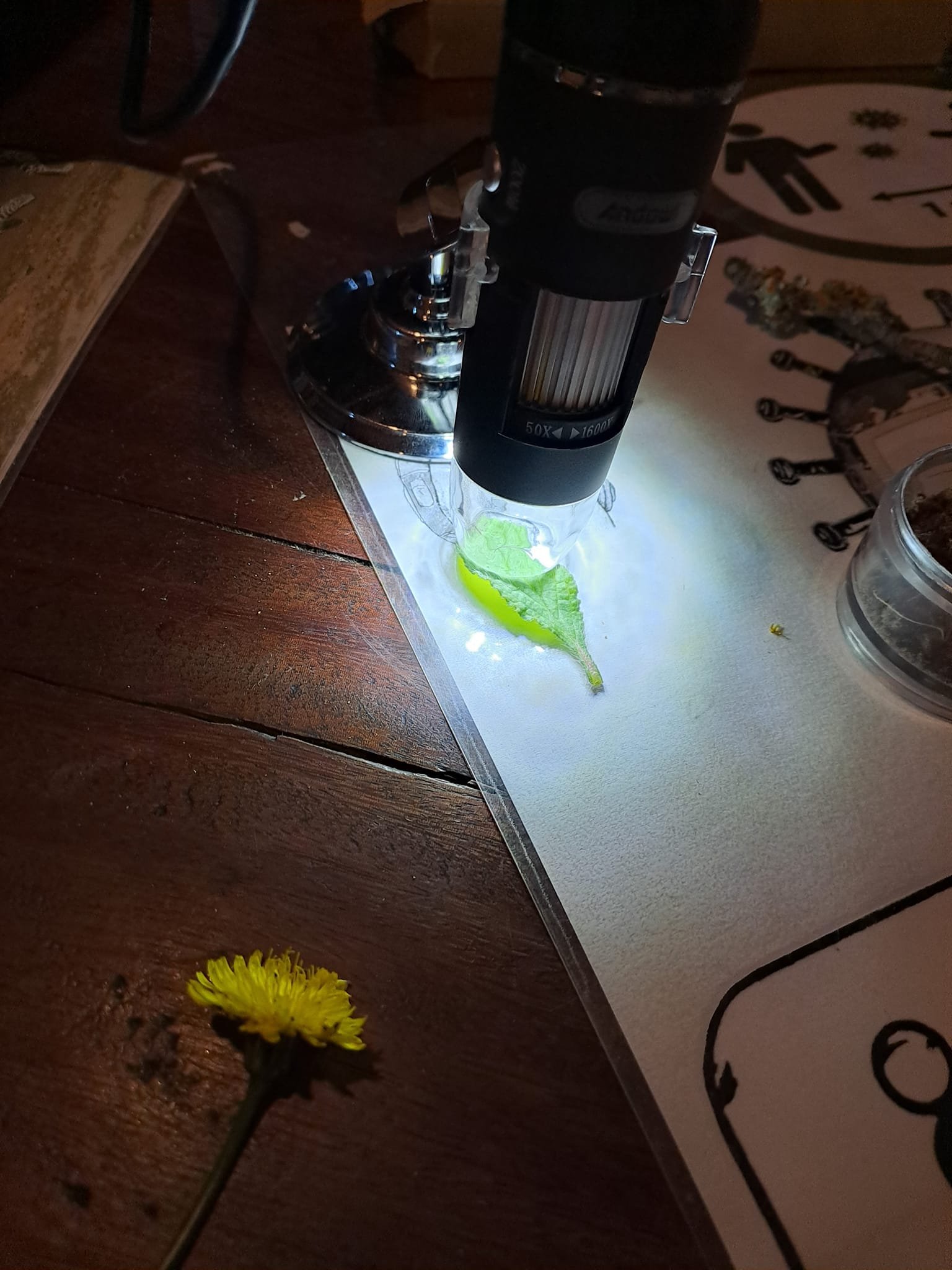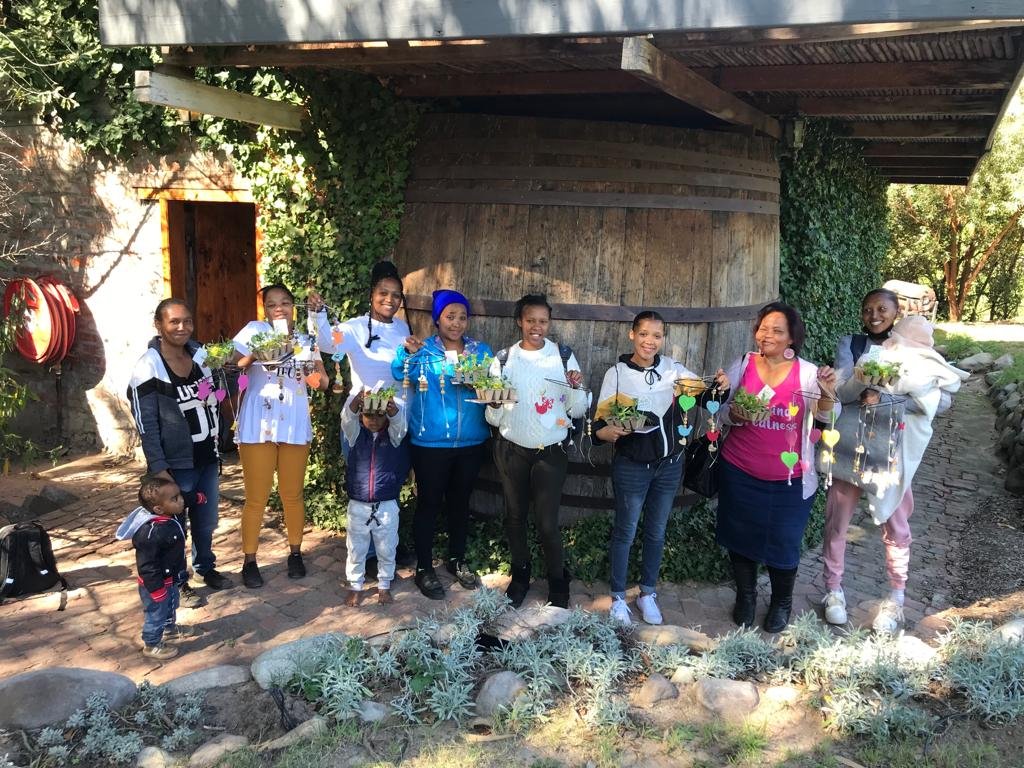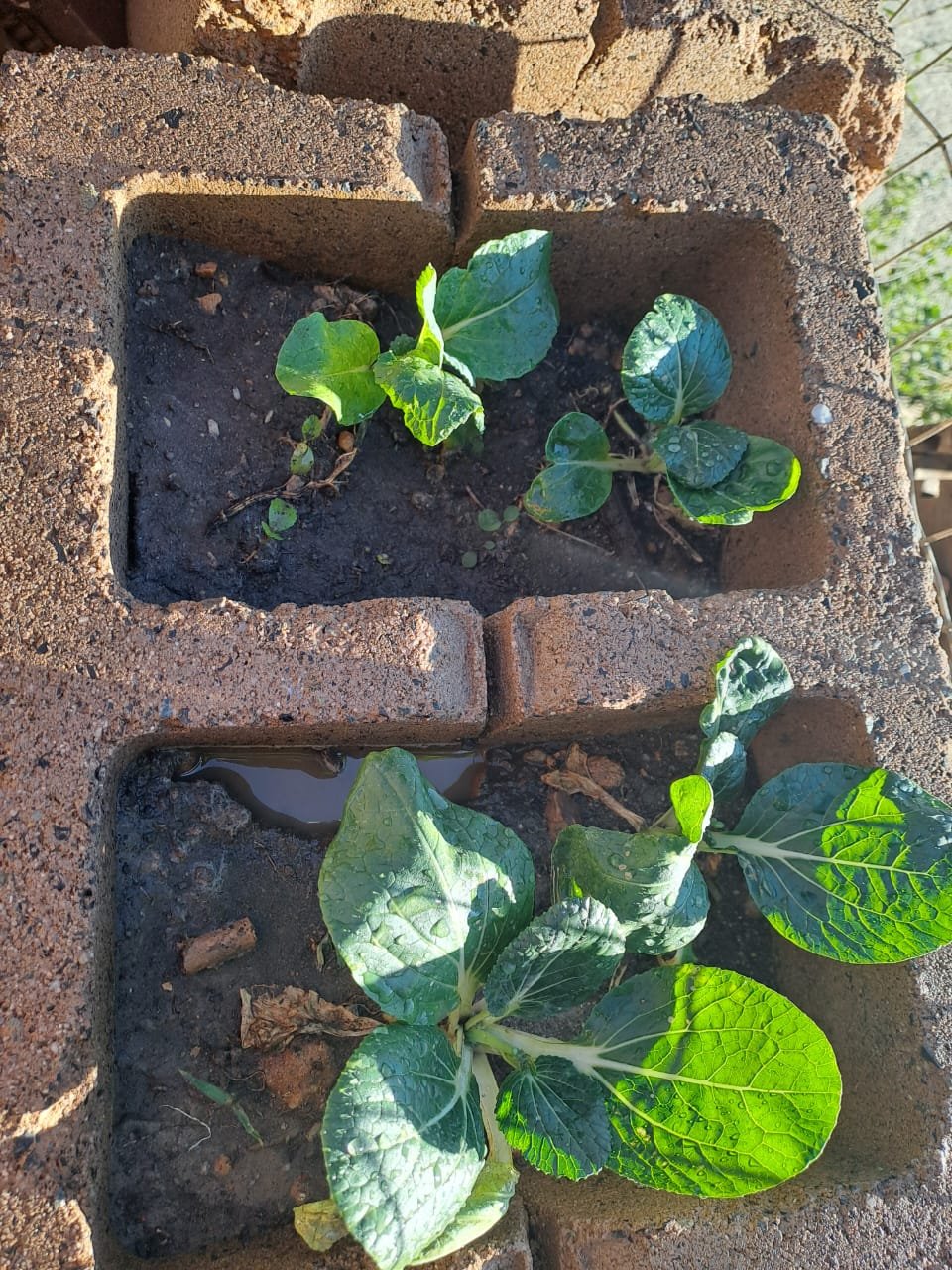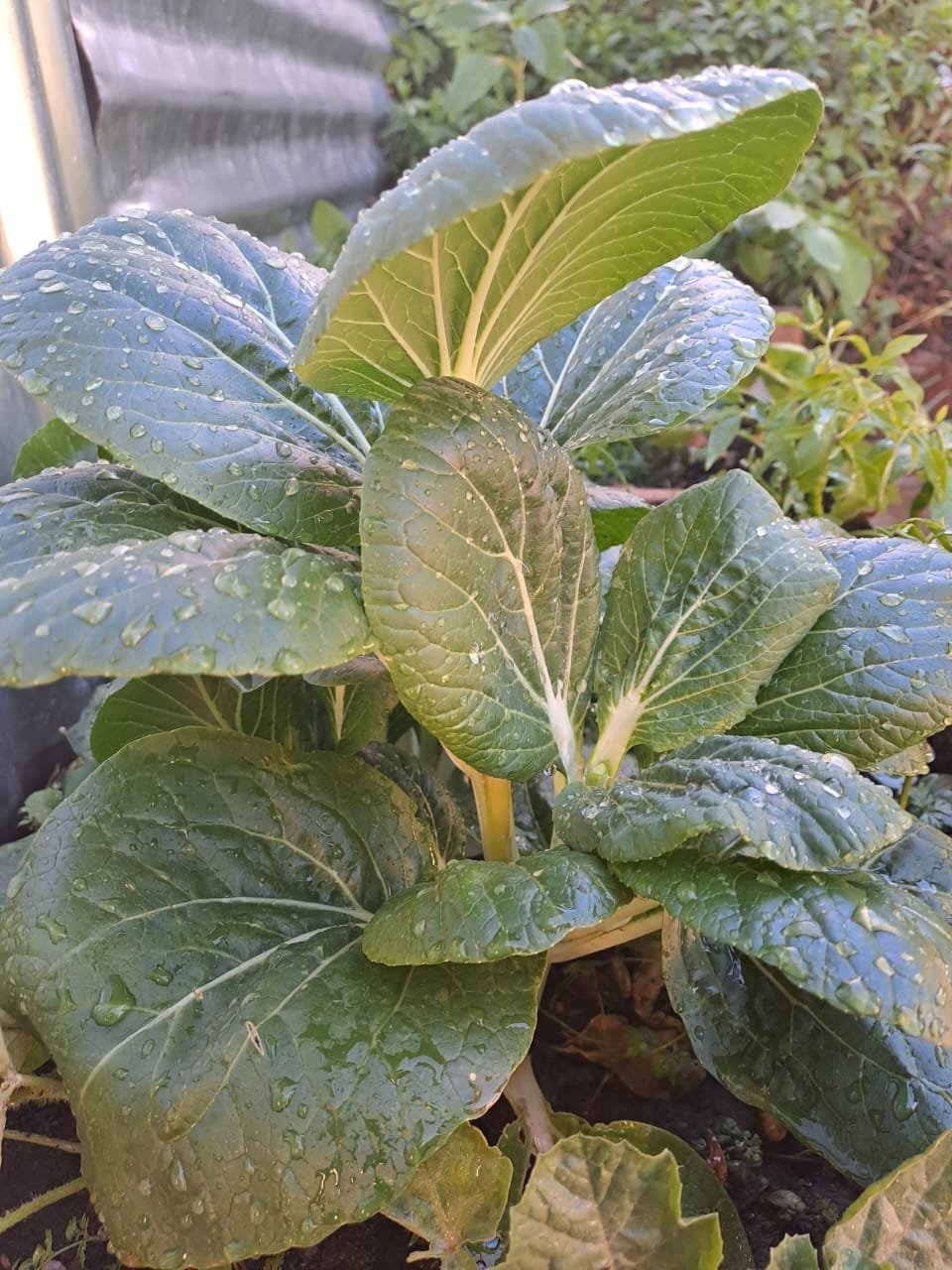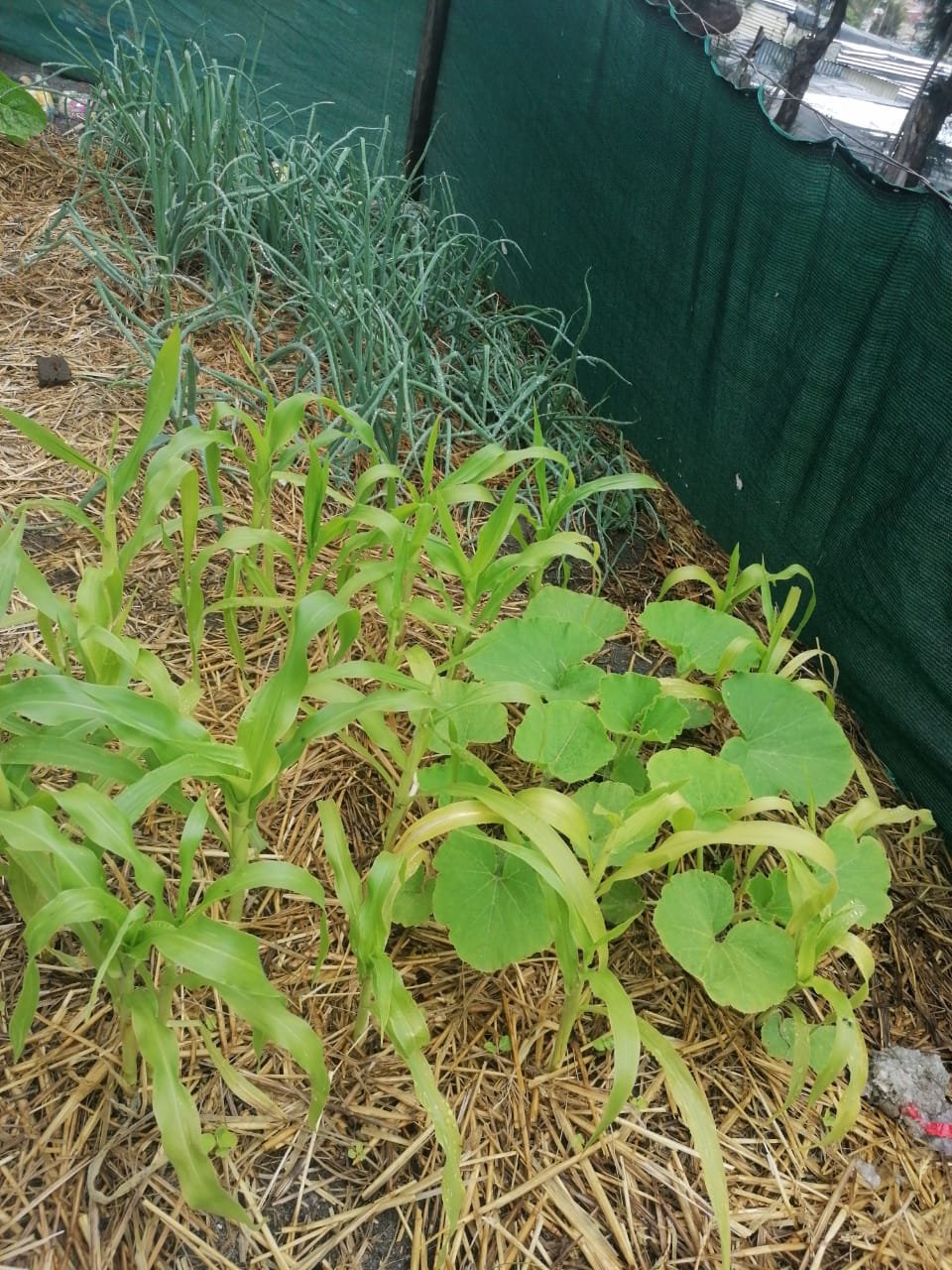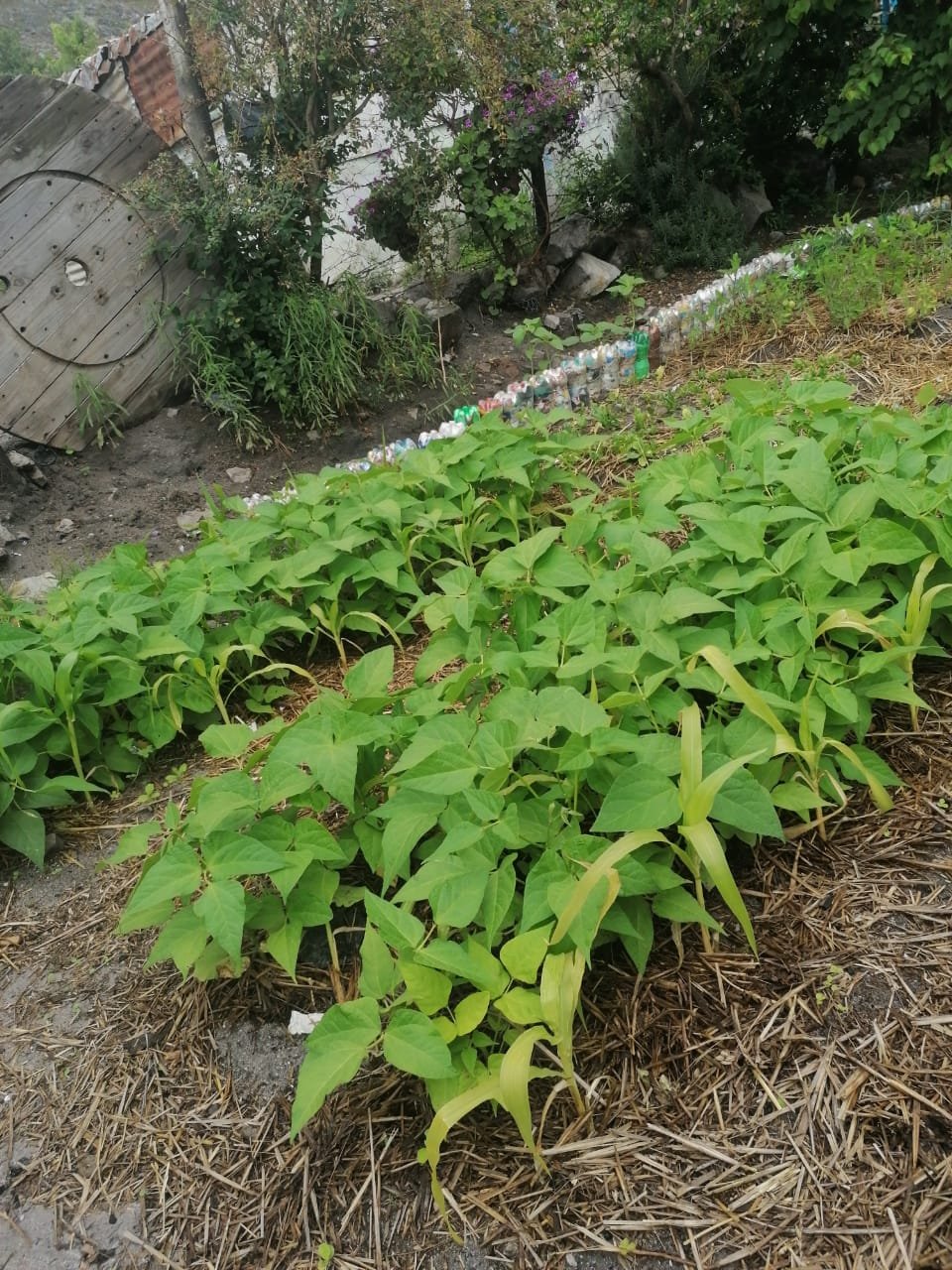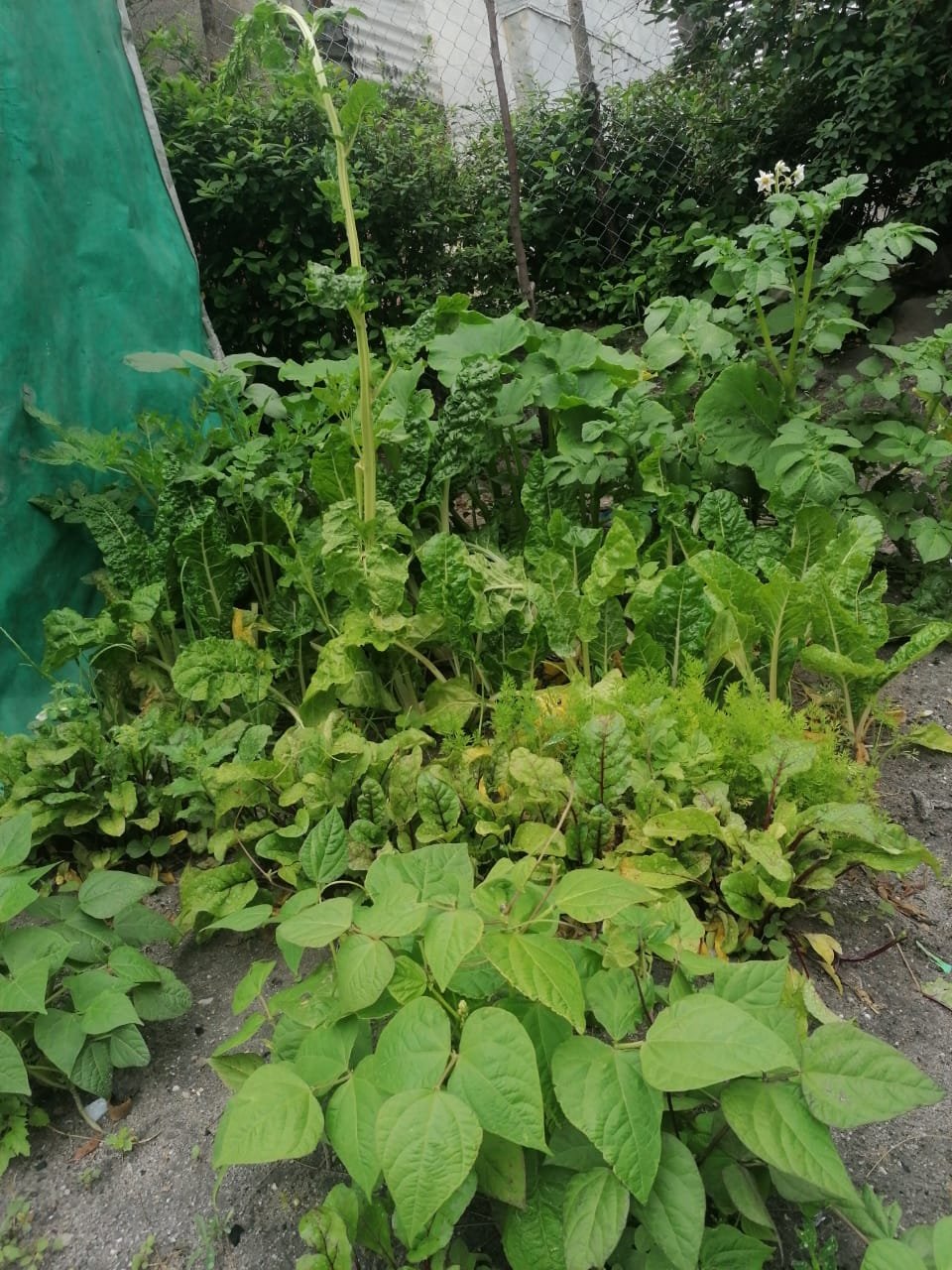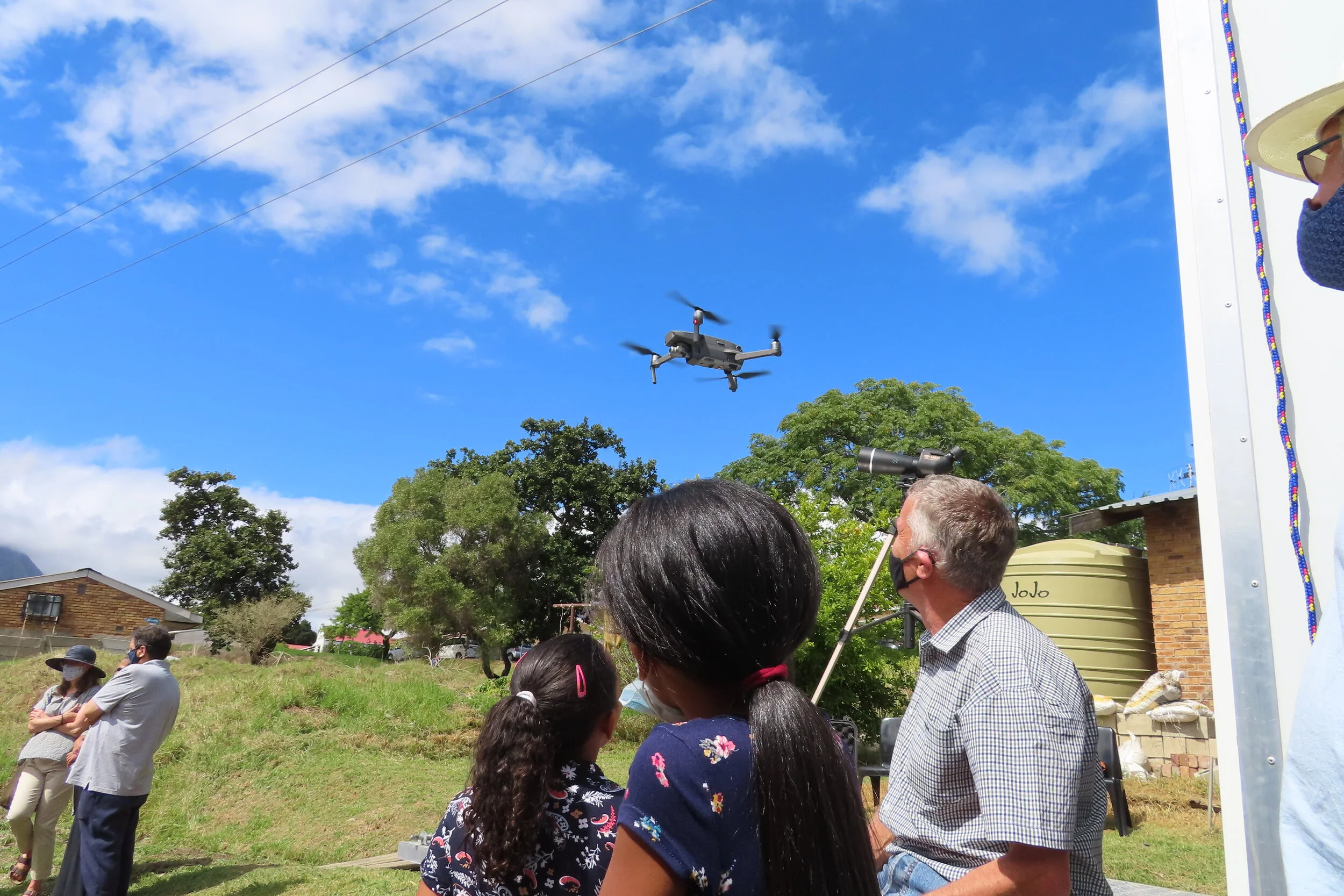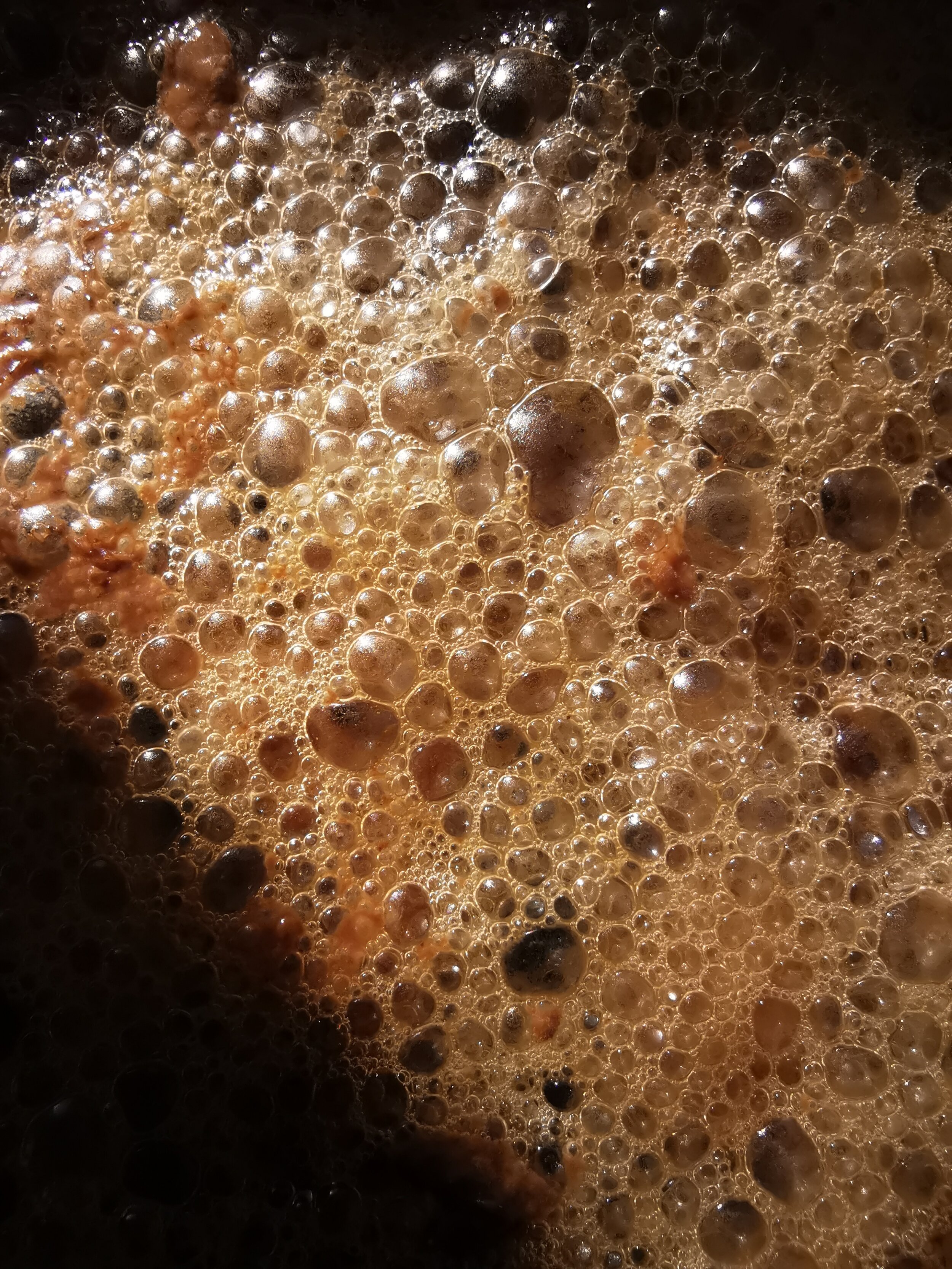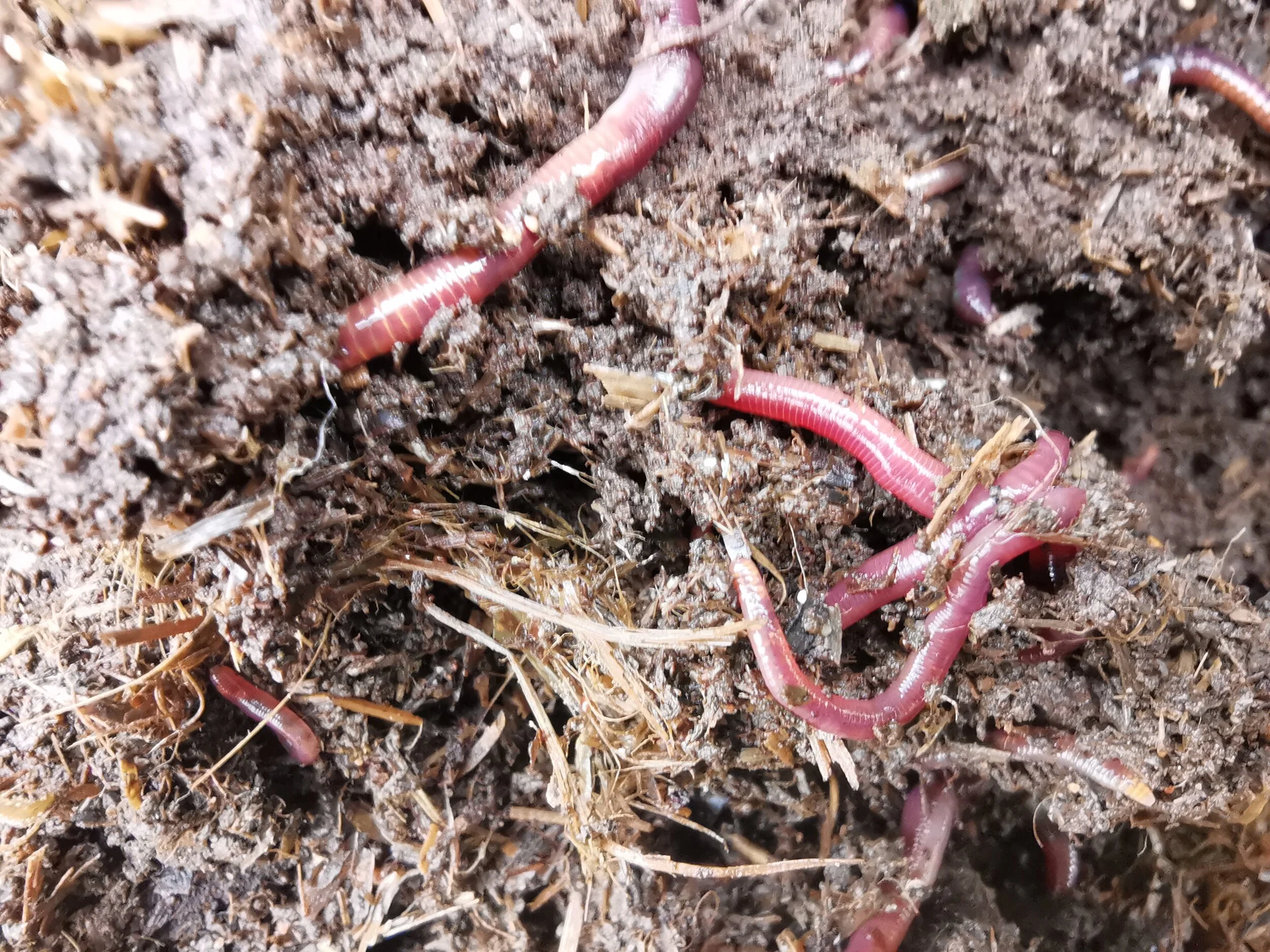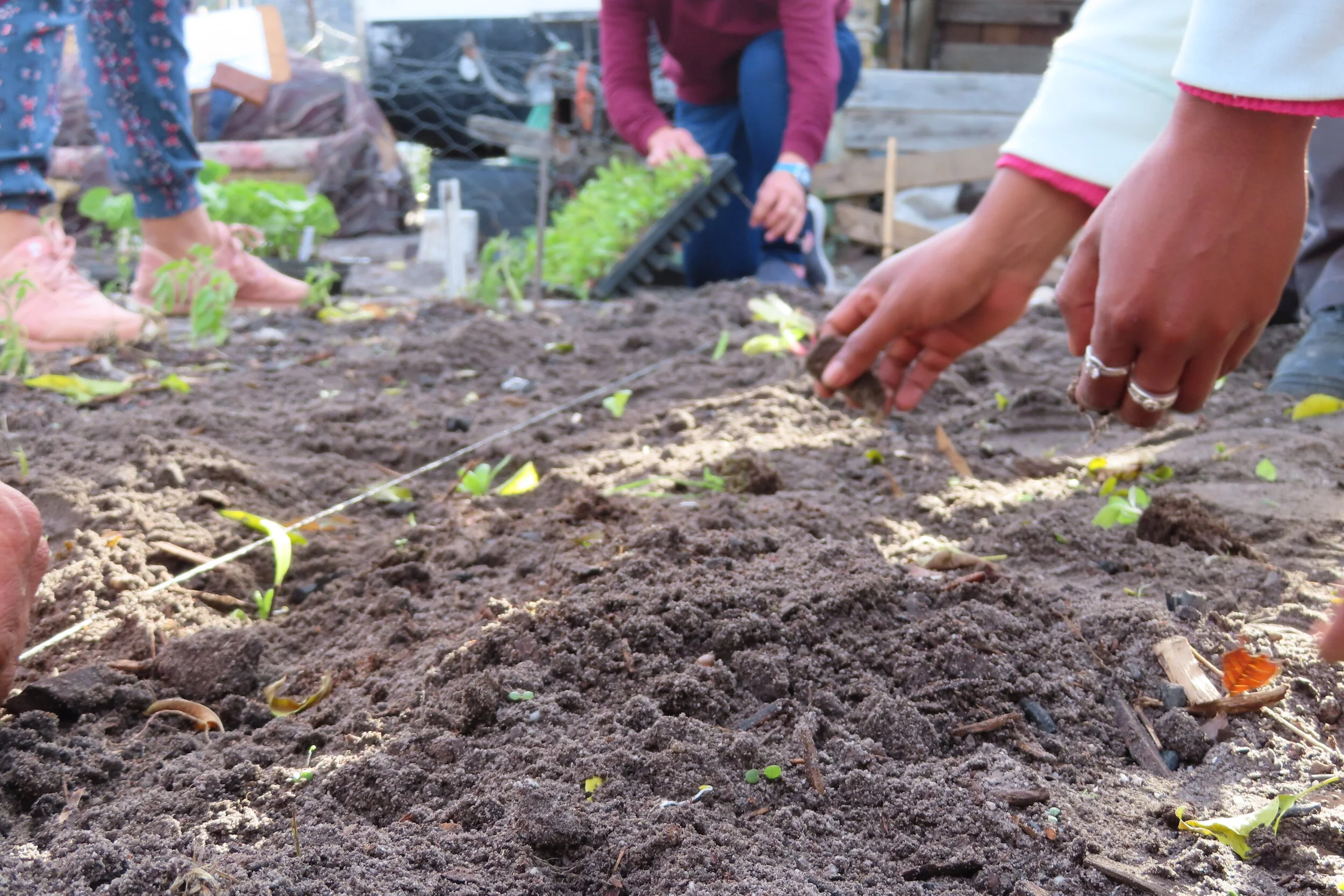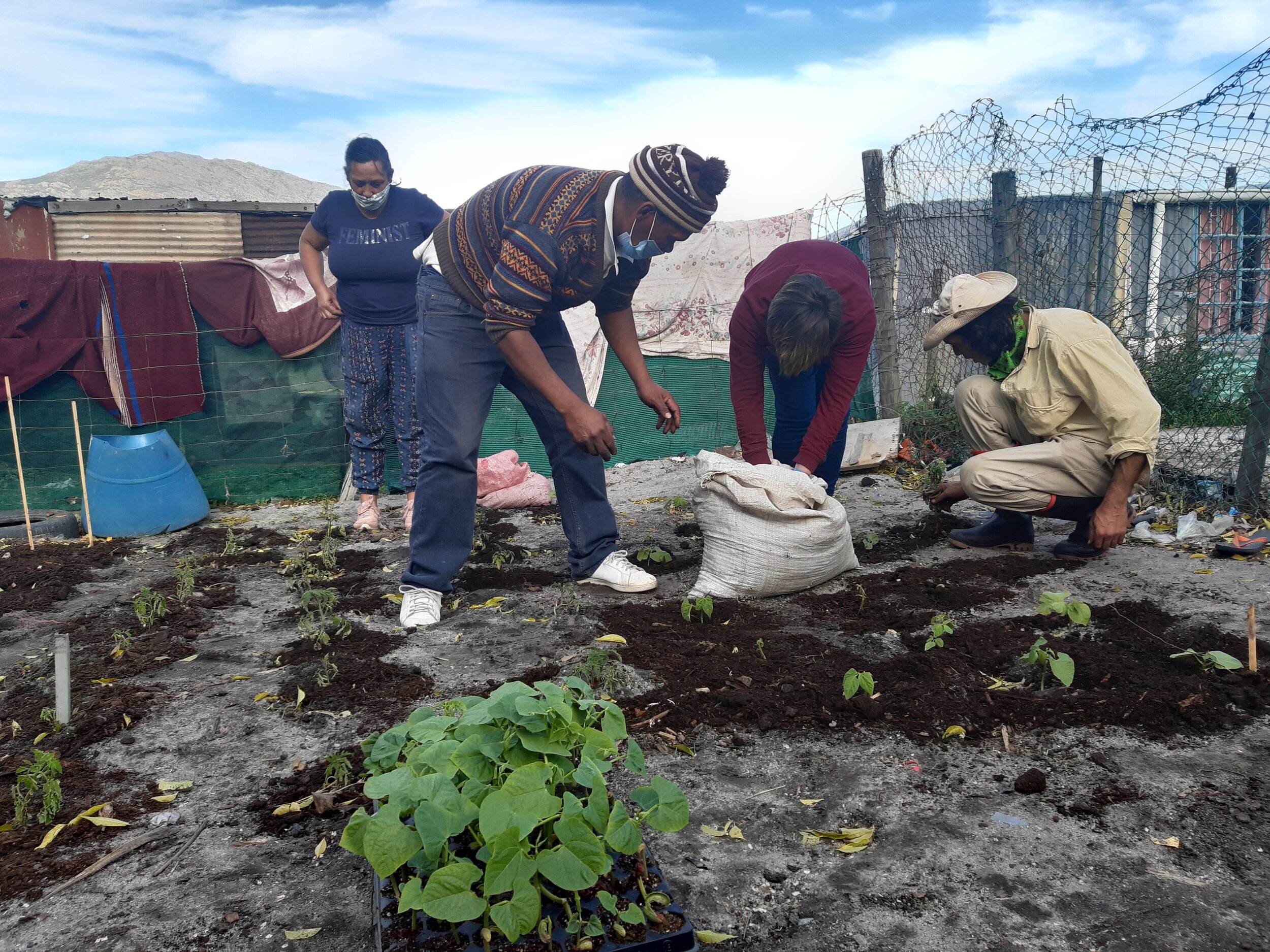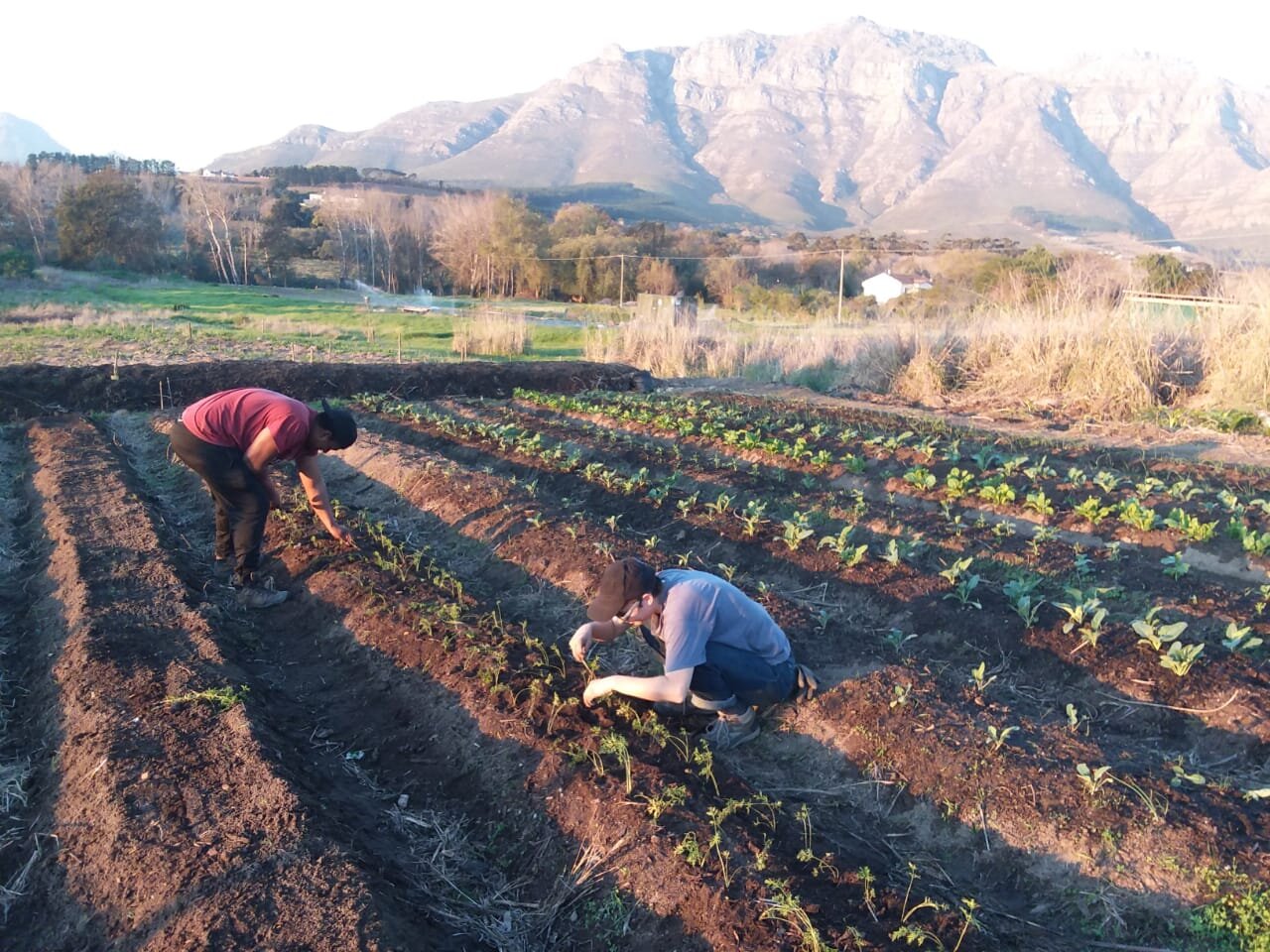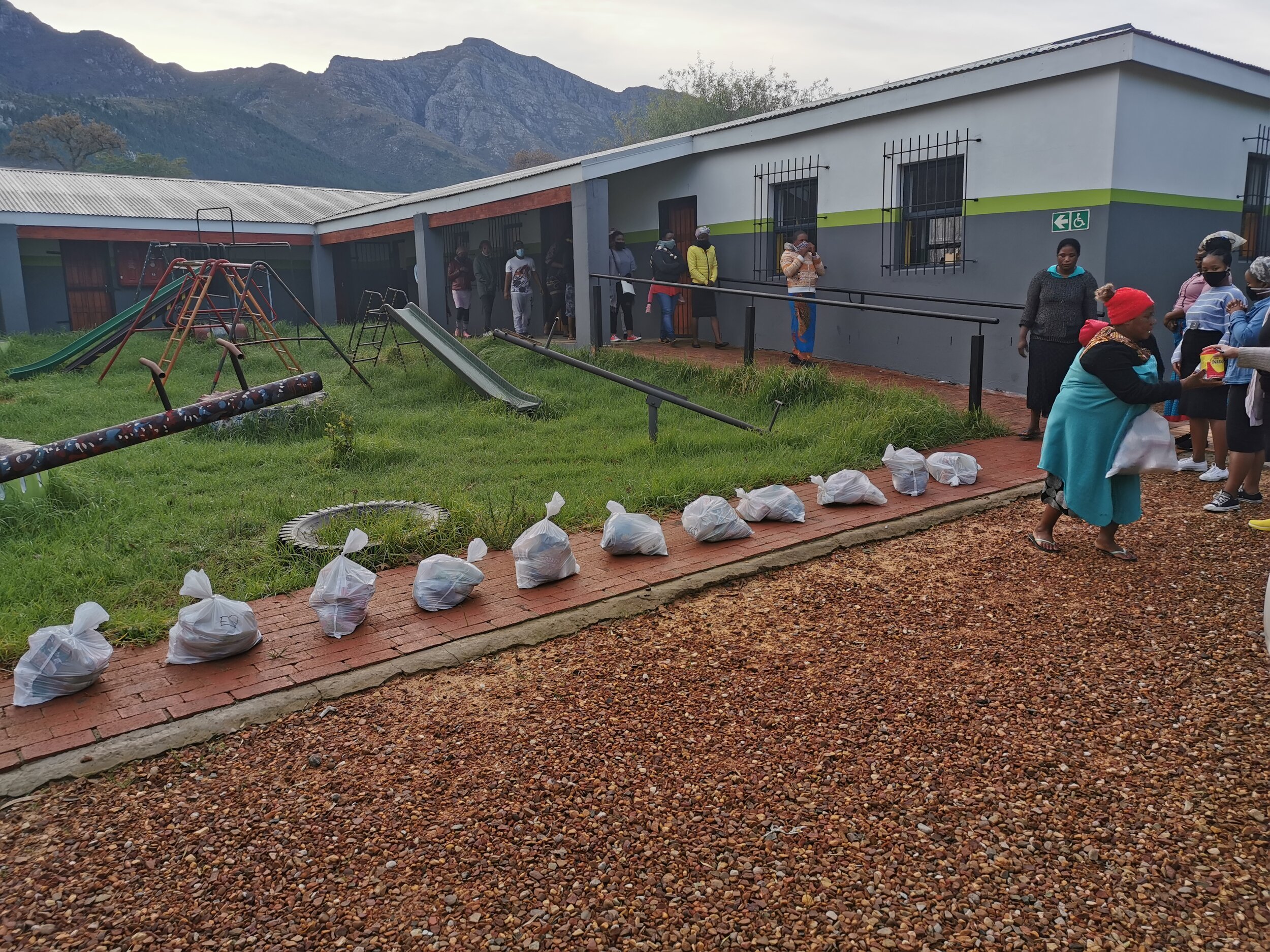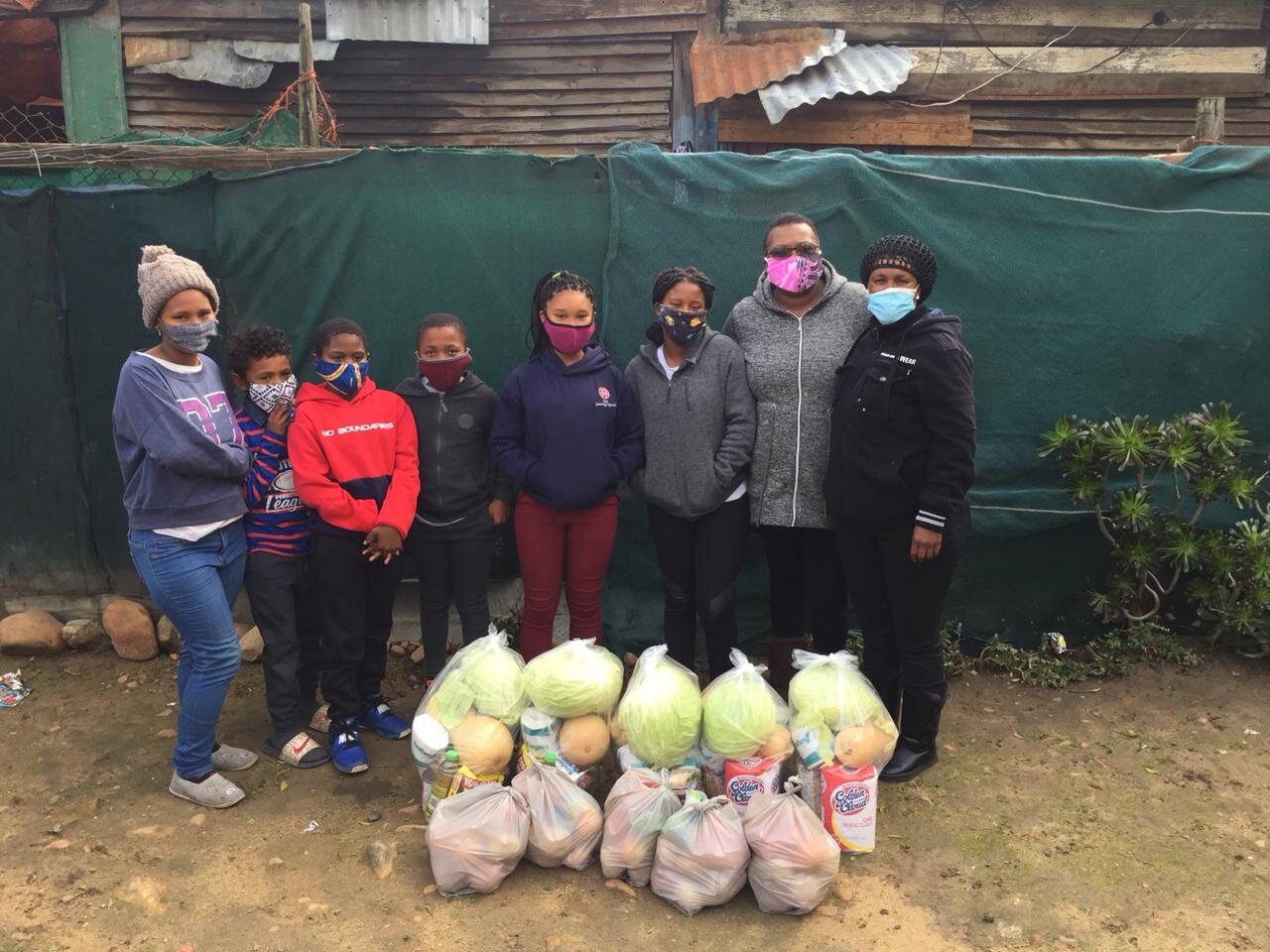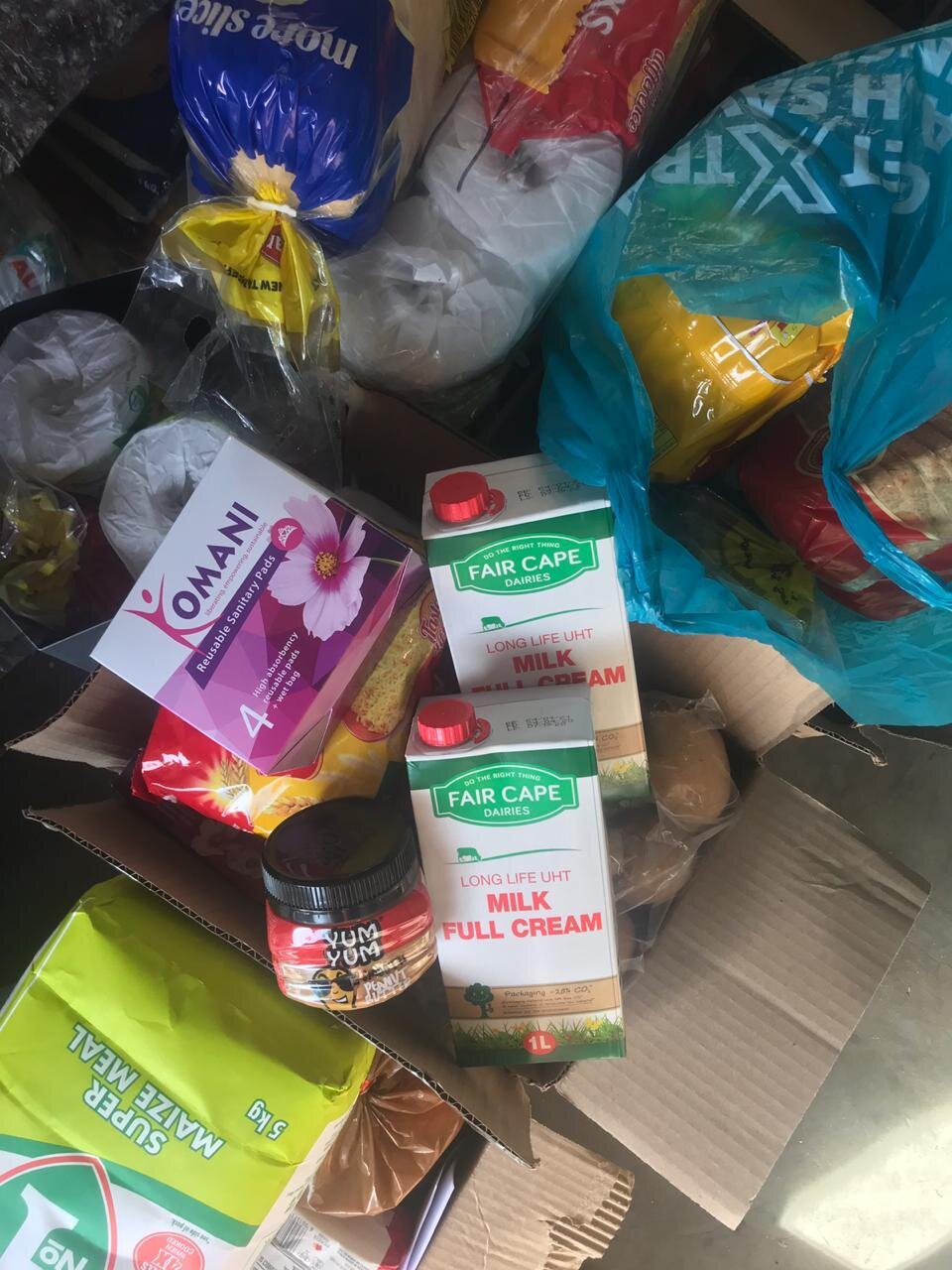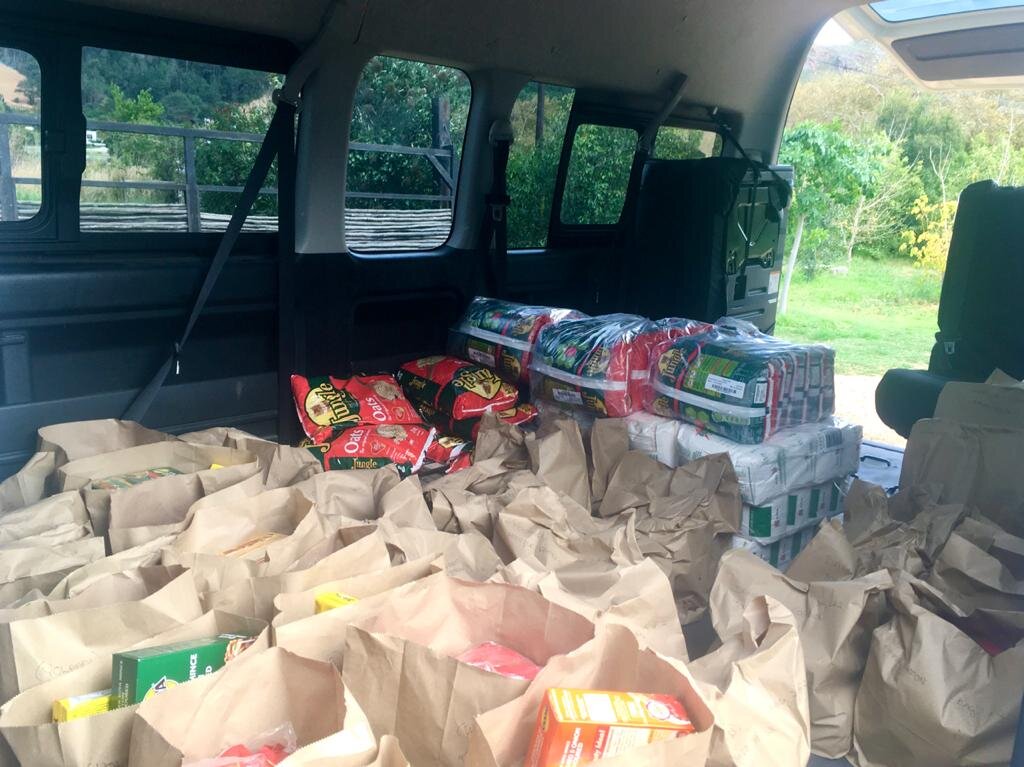Marking the end of 2021, it was highlighted that partnerships, collaboration, and passionate mentors invested in their communities are the cornerstone for long-term solutions in outreach and relevant meaningful impact. This holds true to Cape Winelands Biosphere Reserve team’s involvement in Villiersdorp, where we met a woman passionate about bettering the lives of children, young mothers, and pregnant girls in the community.
Villiersdorp, an agricultural town in the fruit-packing industry of the Western was severely affected by the Covid pandemic adding to the already existing poverty problem. Through a local farmer who works closely with the community, the CWBR team distributed 100 food parcels on a bi-weekly basis and were invited to meet the key role players of the community-driven initiative, one of them being Sophy, who we later discovered was also a Flourish* Host working with young mothers.
The CWBR team visited the community-run soup kitchens, who with Sophy and a group of ladies, had grown from 3 to 10 locations to meet the rapid increase in hunger due to loss of jobs. Over 3000 individuals were fed three times a week and family members also supported the project by assisting with sanitizing, serving food, or delivering food to those who were unable to walk to the distribution points.
Recognizing that food parcels were not a long-term solution, the CWBR team was asked for assistance by Sophy to start up community gardens to promote dignity, health, nutrition, and food security within the community. Ongoing Food Security Workshops were facilitated firstly on a weekly, then monthly basis. The CWBR team helped implement two community food gardens and several private home gardens.
An additional community food garden was established last year together with the mothers participating in Flourish classes and overseen by Sophy. The harvest will contribute to a local soup kitchen and mothers with young children and babies, encouraging health and nutrition.
As the relationship has grown, so has the CWBR’s volunteer involvement in the Flourish Workshops facilitated by Sophy.
In October 2021, a mental health workshop was facilitated with the participants of the current Flourish class in honour of Mental Health Month. The workshop took place during a weekend retreat for fifteen mothers, some expecting and with young children. The Workshop was facilitated by a local psychology student and unpacked what mental health is, ways of looking after oneself and nurturing one's mental health. The mothers asked for more similar initiatives where they could share their experiences, learn more about themselves and bond.
Since then, an Athénée Action Humanitaire volunteer and a local retired teacher have become more involved in the Flourish Workshops on a bi-weekly basis. Contributing through breath-work, pre and postnatal yoga classes, presentations on health and nutrition, and teaching jewellery making as an alternative form of income. The programme culminates in graduation ceremonies for the mum and baby, as well as a much-needed baby shower.
An outing for the most recent Flourish mums was arranged in April at the farm in Franschhoek. The mothers were inspired to grow their own veggies, made a toy mobile for their babies, and had time to enjoy the beautiful environment at the farm and the sound of the birds. Each mother received a gift pack with seedlings and a pregnancy journal.
Not forgetting the men in the families, a workshop was also hosted for the fathers of the children earlier in the year by Sophy, fostering the importance of their presence and bond with their child.
Through this collaboration, and what the CWBR team has learned from the community, additional funds have been raised to implement a project addressing the rise in young pregnant girls since the start of the pandemic; the Yvonne Zeimen Young Mothers Support Programme. Via the Blossom Café, the CWBR will organize a mobile support system to reach out to these pregnant girls and young mothers in the different communities. It will be a space to bond, learn new skills, and offer time with a psychologist who is not from the community. This project will build onto an existing service of Flourish hosts, who are a partner of the team. Partnerships also include school educators, social workers and local NPO.
The project was introduced at a local primary school to girls from grade four to seven and the first visit with the Blossom Café is due to take place later this month.
It is a privilege to know and work together with such dedicated women who are involved in their own community’s health, dignity, and future.
* Flourish is an NPO who, through trained hosts, facilitate post and prenatal classes for young pregnant mothers and mothers with young children. Focusing on the first 1 000 days of a child's life. They support and empower mothers to establish a solid foundation for their baby’s success, health, and wellbeing.
A peek at Sophy’s garden at home and the Flourish Community Garden which have a variety of vegetables growing. The CWBR team assists with Food Garden Workshops regularly and provide seedlings on a needs basis.


